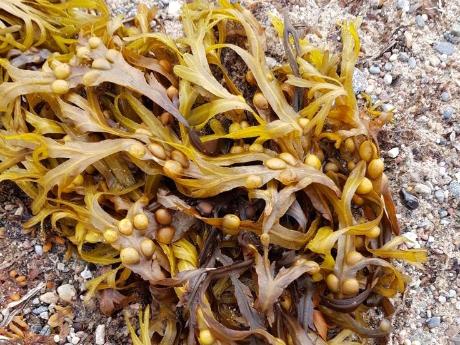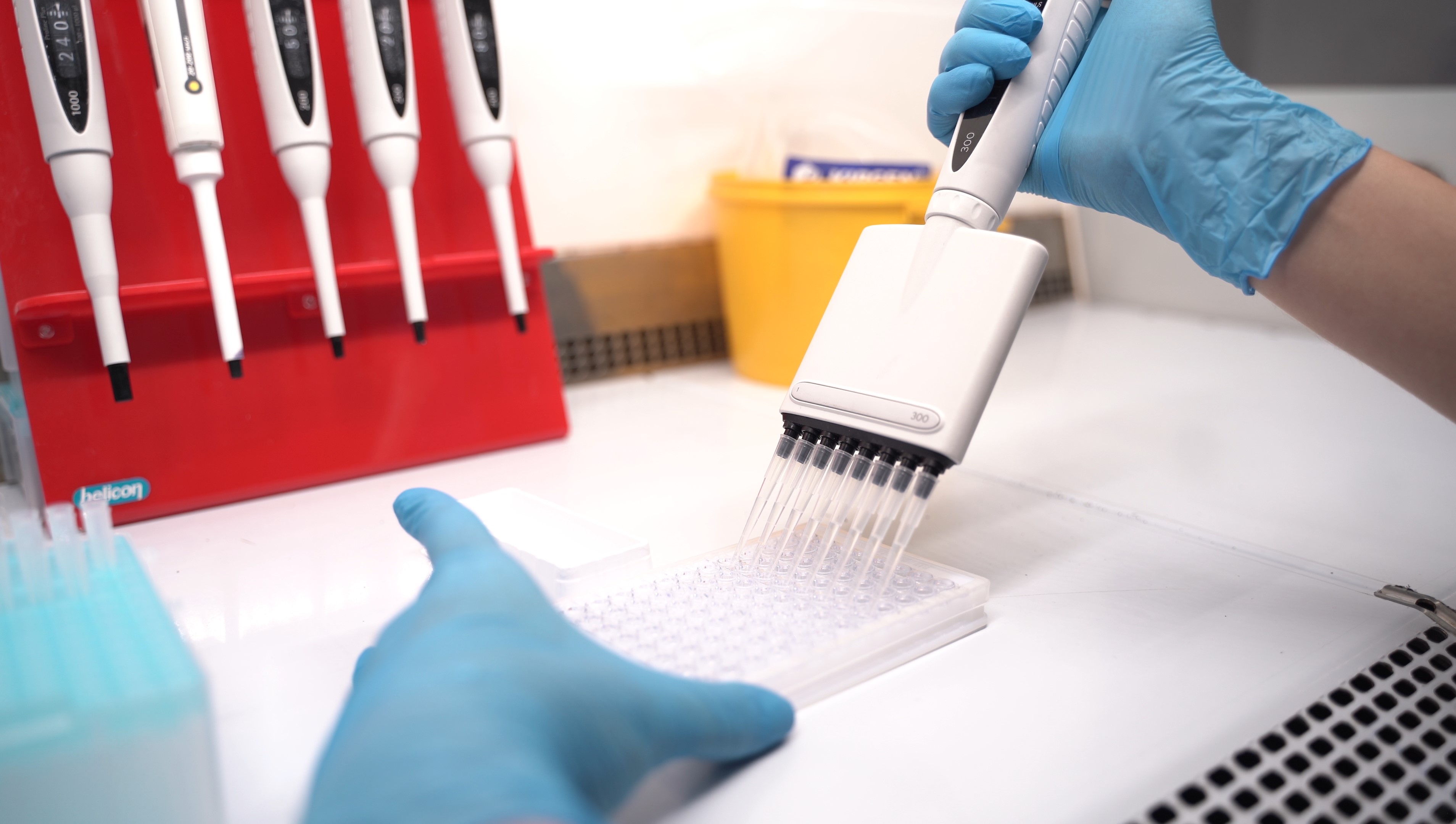Researches
Brown algae fucus and kelp: from traditional medicine to scientific discoveries
The history of the use of brown seaweed, rich in the unique polysaccharide fucoidan, goes back thousands of years. They occupied a special place in the medicine of the Far East, where sages used them to strengthen vitality, fight inflammation and restore health. No less appreciated the gift of the sea and the northern peoples - Pomors included seaweed in their diet and medical practice, intuitively understanding their beneficial effect on the body.
The real revolution took place in the XX century, when scientists managed to isolate fucoidan in pure form and begin a systematic study of its properties. Modern research has revealed the mechanisms of action of this amazing substance:
- Immunomodulatory effect - activation of cytokine production and strengthening of the body's defenses
- Anti-inflammatory effect - reducing the level of inflammatory markers
- Antioxidant protection - neutralization of free radicals
- Cardioprotective properties - strengthening blood vessels and improving blood rheology
- Hepatoprotective action - protection and restoration of liver cells
Today, the scientific community has more than 3500 publications supporting the therapeutic potential of fucoidan. Of particular interest are:
- Effects on the gut microbiome and metabolism
- Prospects for use in regenerative medicine
- Efficacy in the fight against viral infections
- Antitumor activity
These discoveries have found practical application in:
- Production of new-generation biologically active supplements
- Development of innovative cosmeceuticals
- Creation of ecological agro-technologies
- Modern veterinary practice
This section contains scientific papers that reveal:
- Fundamental mechanisms of fucoidan action at the cellular level
- Results of clinical observations and trials
- Promising areas of practical application
These works confirm: brown seaweed is a promising basis for the creation of a new generation of drugs combining natural power and scientifically proven efficacy.
The history of the use of brown seaweed, rich in the unique polysaccharide fucoidan, goes back thousands of years. They occupied a special place in the medicine of the Far East, where sages used them to strengthen vitality, fight inflammation and restore health. No less appreciated the gift of the sea and the northern peoples - Pomors included seaweed in their diet and medical practice, intuitively understanding their beneficial effect on the body.
The real revolution took place in the XX century, when scientists managed to isolate fucoidan in pure form and begin a systematic study of its properties. Modern research has revealed the mechanisms of action of this amazing substance:
- Immunomodulatory effect - activation of cytokine production and strengthening ...
Towards a better understanding of medicinal uses of the brown seaweed Sargassum in Traditional Chinese Medicine: a phytochemical and pharmacological review
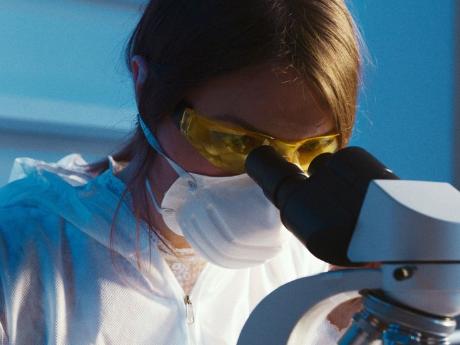
Low-molecular-weight fucoidan and highstability fucoxanthin from brown seaweed exert prebiotics and anti-inflammatory activities in Caco-2 cells

Fucoidan modulates cytokine production and migration of THP-1-derived macrophages via colony-stimulating factor-1
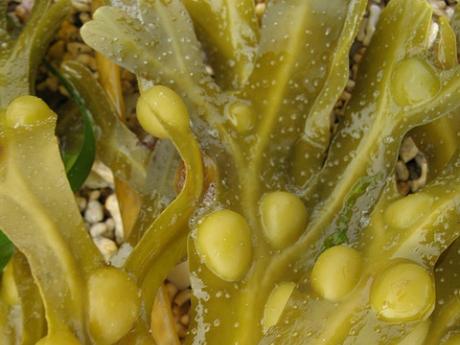
Induction of p53-Independent Apoptosis and G1 Cell Cycle Arrest by Fucoidan in HCT116 Human Colorectal Carcinoma Cells
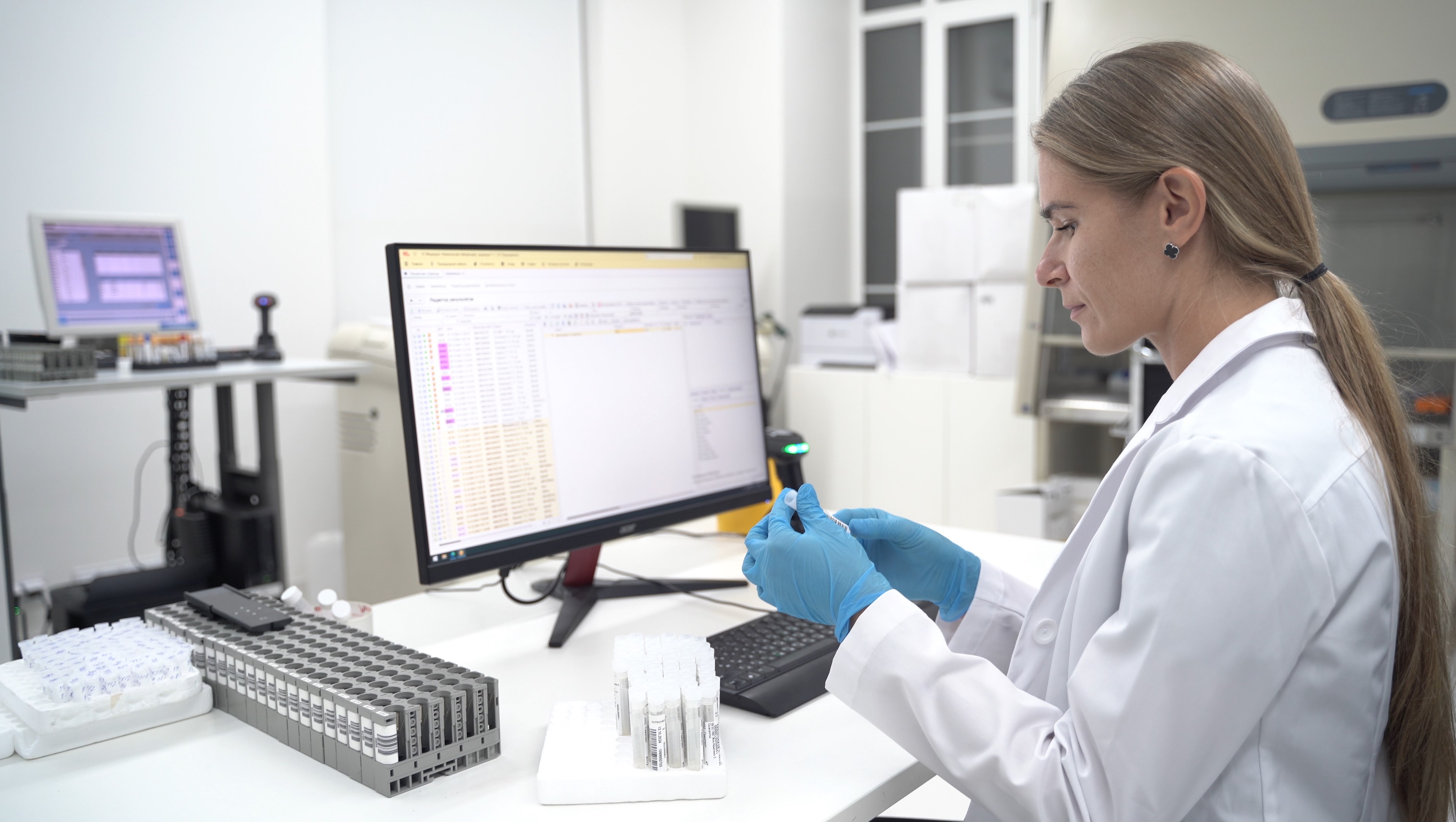
Fucoidan-induced osteogenic differentiation promotes angiogenesis by inducing vascular endothelial growth factor secretion and accelerates bone repair
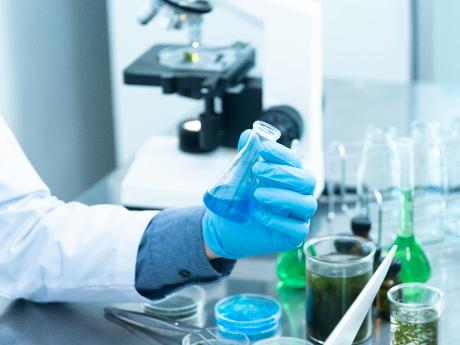
Improved immunomodulatory and antioxidant properties of unrefined fucoidans from Sargassum angustifolium by hydrolysis
Three dimensional alginate-fucoidan composite hydrogel augments the chondrogenic differentiation of mesenchymal stromal cells
